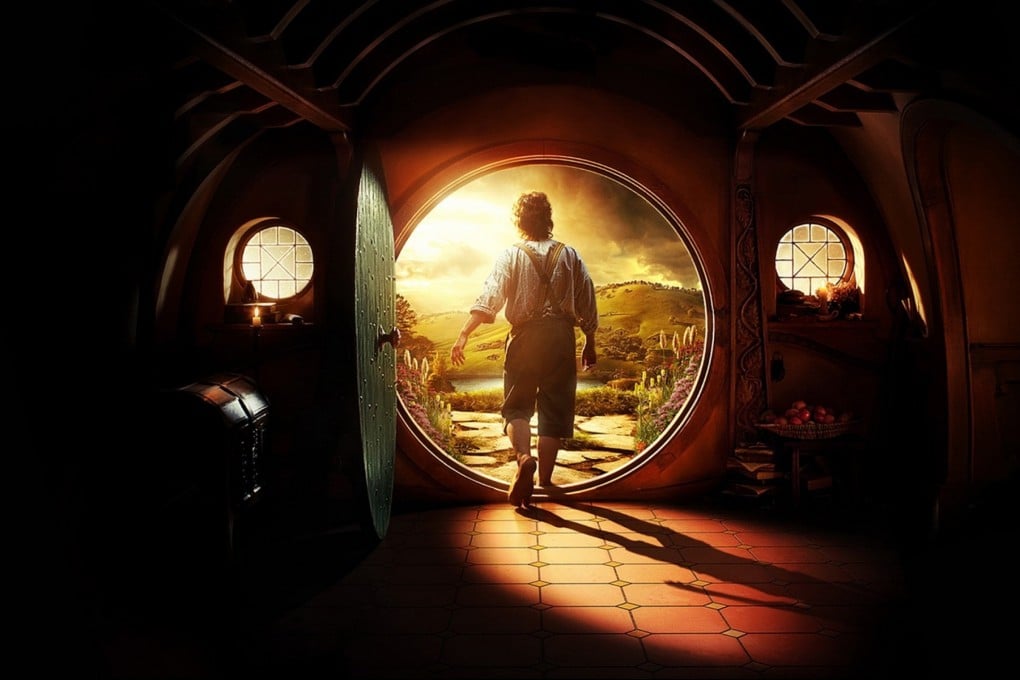As I see it | Movie review: The Hobbit – An Unexpected Journey

In 1937, English writer J.R.R. Tolkien published his first novel The Hobbit. It was a children’s book intended for a young readership. 17 years later, Tolkien wrote The Lord of the Rings trilogy for people who had grown up reading The Hobbit and were now in their 30s. The Lord of the Rings has a more sophisticated plot, more complex characters and more distinct philosophical themes. Since the publication of The Lord of the Rings, The Hobbit has fallen somewhat by the wayside, and is often regarded as a less significant “prequel” to the epic trilogy. Literary critics often remind readers not to judge The Hobbit unfairly, for it was written much earlier and for a different audience.
Director Peter Jackson faces a similar challenge. He has won just about every award there is for bringing The Lord of the Rings trilogy to the big screen. The three instalments, all of which were filmed in his native New Zealand, were so successful that an entire industry called “Tolkien Tourism” was created. We have to wonder: how can Jackson possibly top himself with Tolkien’s less mature work? Perhaps film critics too should remind movie‐goers not to judge The Hobbit film series unfairly, for it will never exceed or even come close to the Oscar‐winning Lord of the Rings.
An Unexpected Journey, the first instalment of The Hobbit film series, has two main flaws. The first one has nothing to do with Jackson and everything to do with the studio. New Line Cinema takes a single-volume novel – which has less than 400 pages compared to The Lord of the Rings at 1,500 pages – and stretches it into three full‐length movies. As a result, the first instalment becomes a long slog of back-to‐ back chase scenes many of which should have been edited down or edited out altogether. For nearly three hours, the audience watch Bilbo Baggins and the 13 dwarves run up the mountain, down the valley and into the underground cave. The action sequences are so repetitive and dragged out that even ardent Tolkien fans will find themselves checking their watches frequently in the theater.
The movie's second flaw is all on Jackson. Compared to any of The Lord of the Rings films, An Unexpected Journey feels, in a word, flat. The 13 dwarves, for instance, lack distinct personalities and fail to connect with the audience. Bilbo Baggins, the protagonist played by Martin Freeman, tries to be jolly and likeable but ends up being a mildly annoying Humpty‐Dumpty. It is clear that Jackson isn’t as emotionally invested in the project as he was with his previous ventures. It makes you wonder why he bothers making the series in the first place.
Notwithstanding these flaws, An Unexpected Journey is worth watching, if for no other reason than to treat yourself to a visual feast of stunning landscapes and amazing CGI. If you insist on comparing the movie to The Lord of the Rings, then you will leave the theater thinking that it’s more‐of‐the‐same. But if you judge the movie on its own merit, then you just may enjoy the light‐hearted fun a lot more. The same can be said if you decide to read The Hobbit novel after reading the darker, more serious Lord of the Rings.
